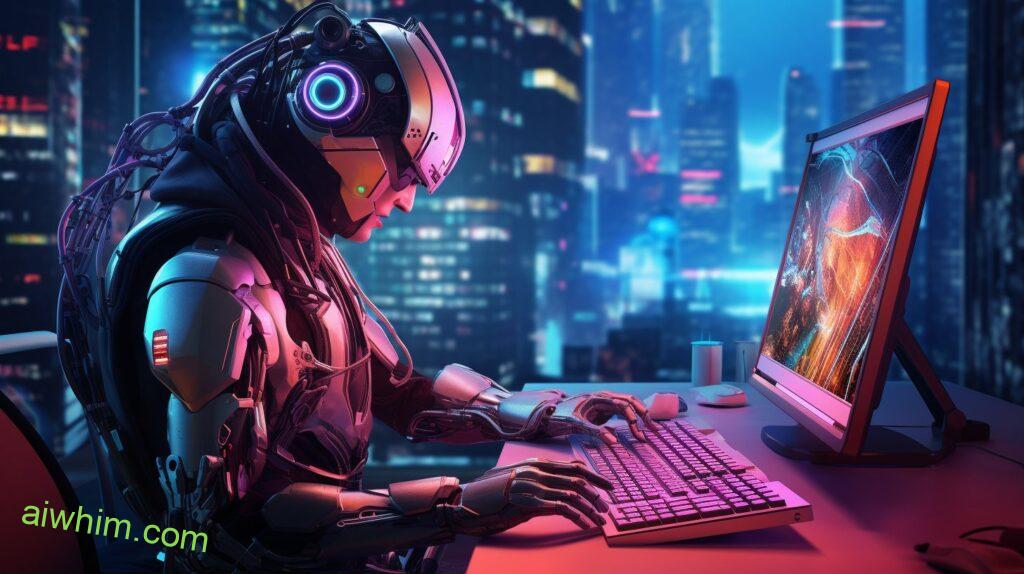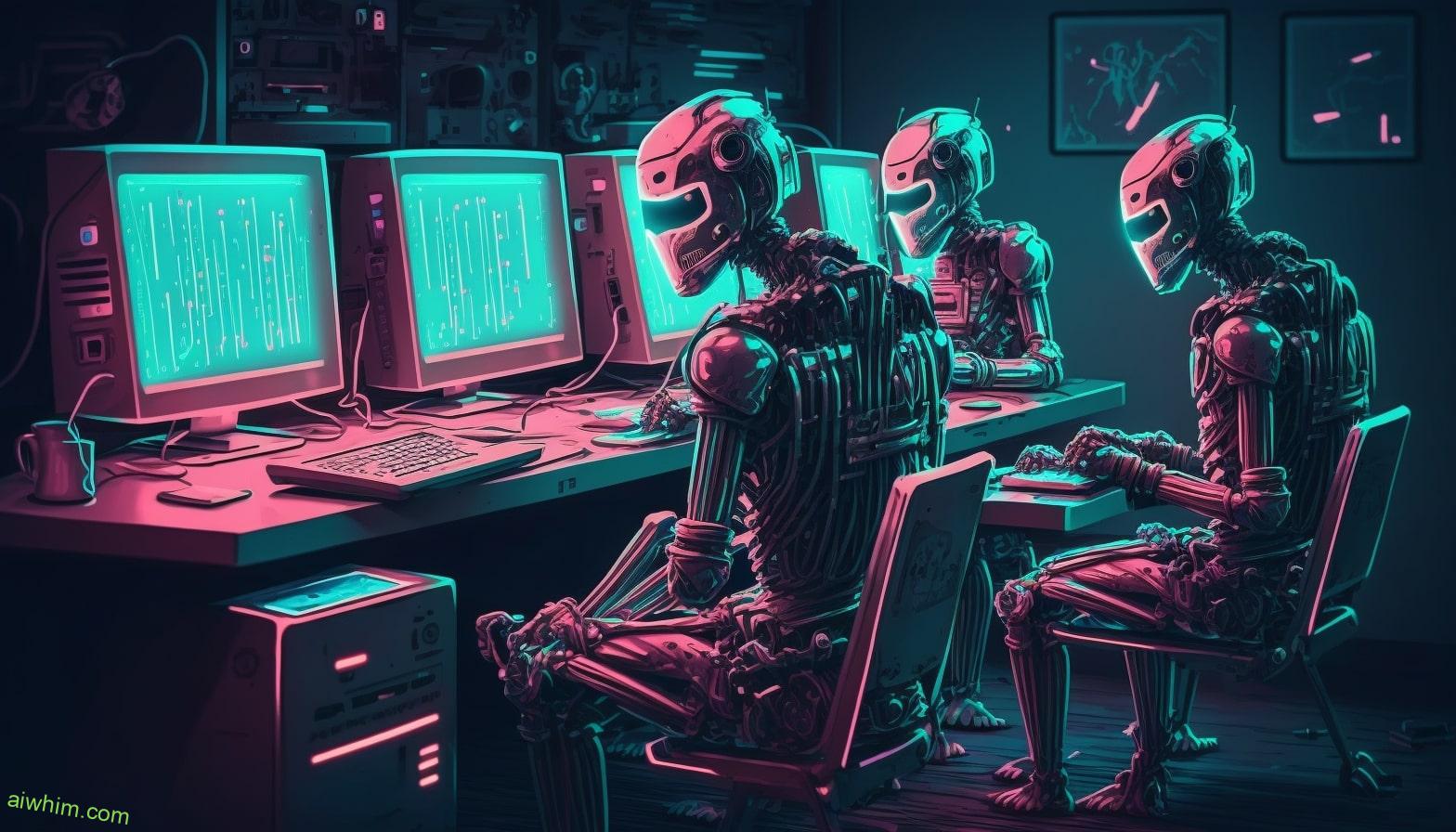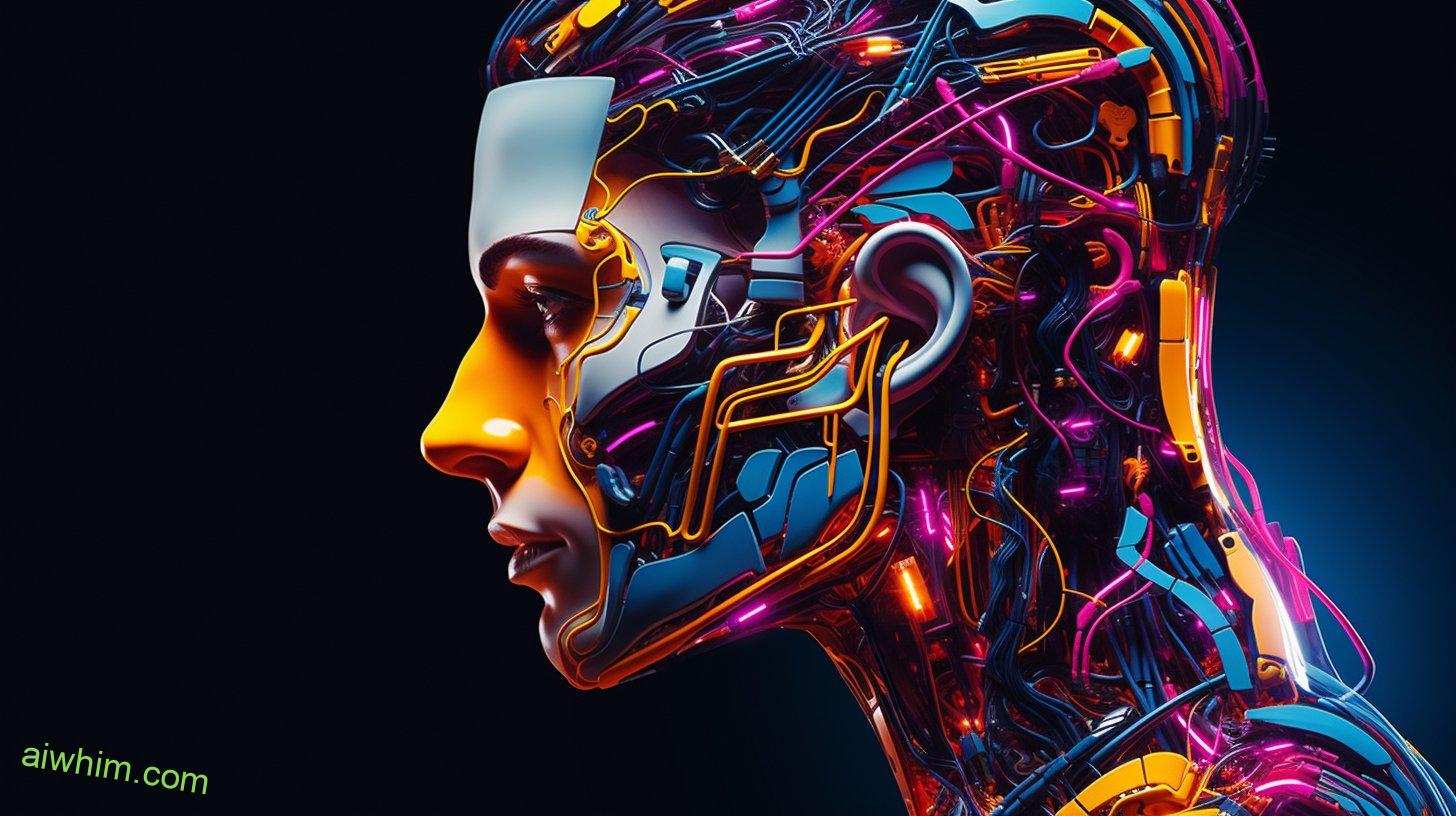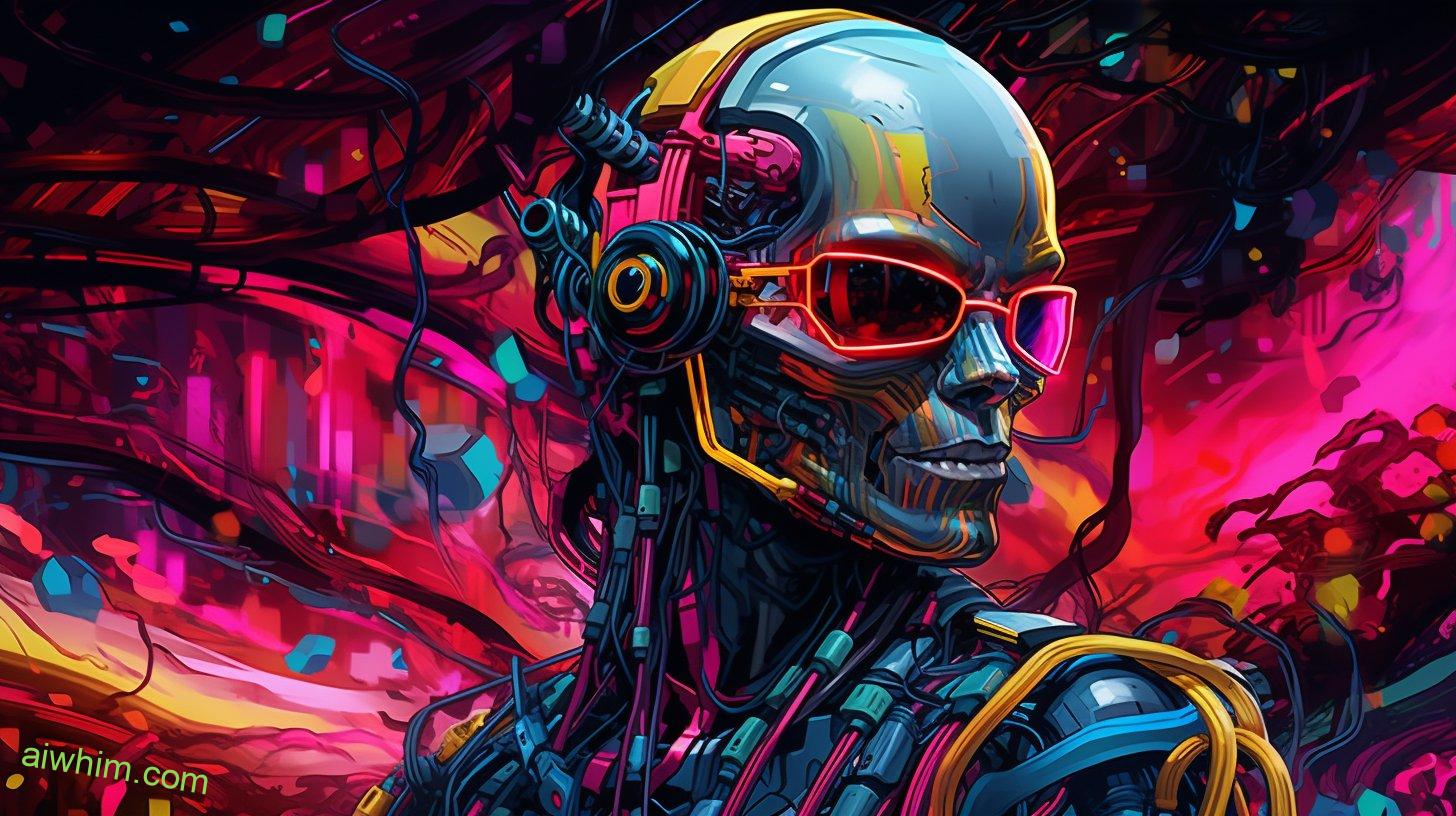Are you worried about the future of interpretation? Can AI become an interpreter’s replacement?
Brace yourself for a thought-provoking journey as we delve into the rise of AI in the interpretation industry. Explore the impact of AI technology on interpreters’ jobs and witness advancements in language translation.
But don’t fear, dear reader, because we’ll also discuss the role of human expertise in this battle between AI and humans. Get ready to uncover the pros and cons of AI interpreter platforms in this quest for freedom and understanding.
Key Takeaways
- AI struggles with nuances of language in different contexts, leading to inaccurate translations.
- AI lacks the ability to fully comprehend cultural nuances, resulting in misunderstandings or offensive translations.
- AI cannot gauge tone, emotions, and non-verbal cues like human interpreters can.
- AI aims to enhance, not replace, human interpreters by increasing efficiency and accuracy.
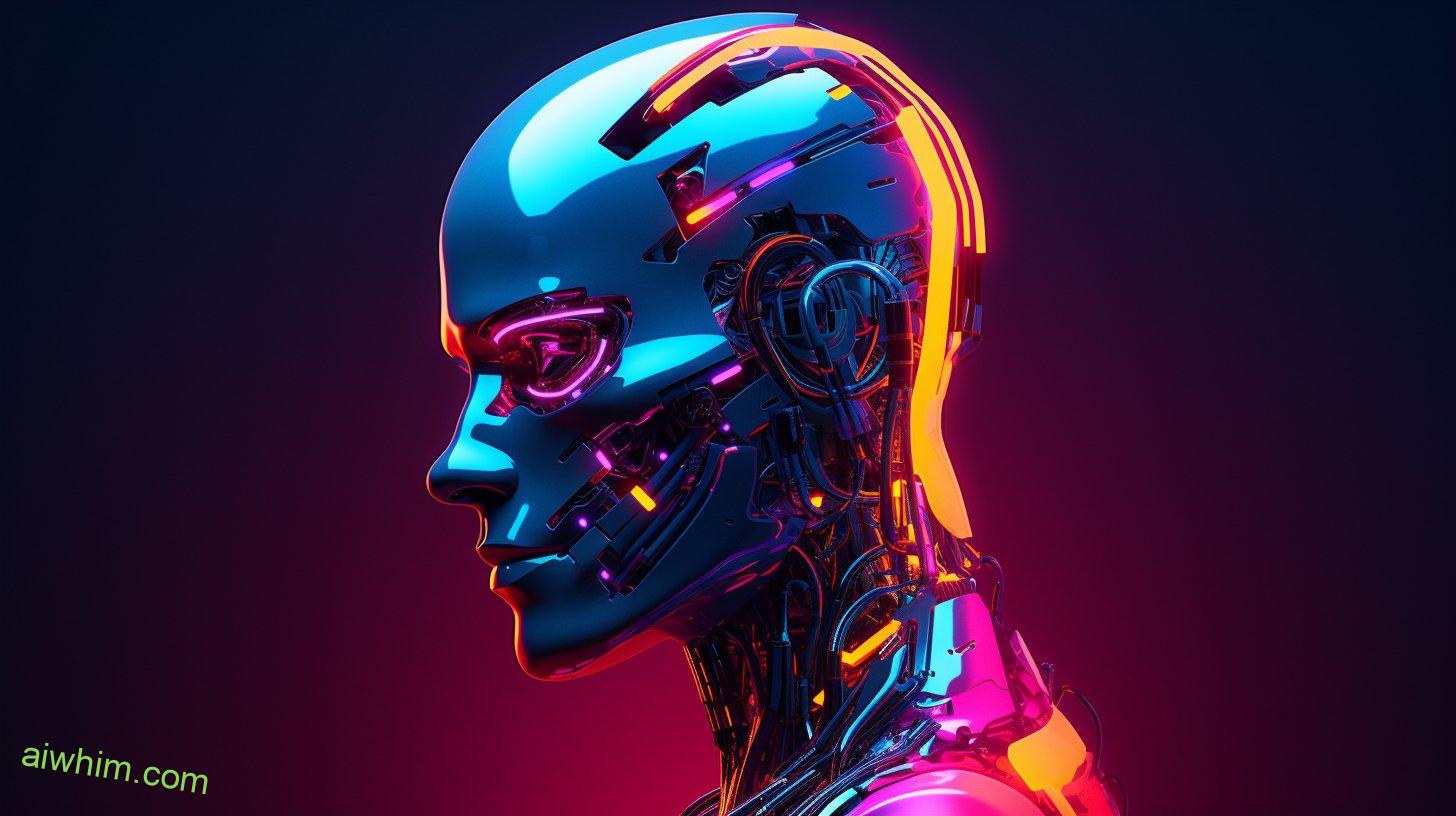
The Rise of AI in the Interpretation Industry
You might be wondering if AI could become an interpreter’s replacement. Well, let’s explore the rise of AI in the interpretation industry and its potential impact on interpreters’ career prospects.
Advancements in AI language processing have indeed revolutionized various industries, and interpretation is no exception. With sophisticated algorithms and machine learning capabilities, AI has made significant strides in understanding and translating languages accurately. This has led to the development of powerful translation tools that can process vast amounts of information quickly.
However, while AI may excel at translating simple phrases or documents, it still struggles with the nuances and complexities of human communication. Interpretation requires more than just converting words from one language to another; it demands cultural understanding, context analysis, and real-time adaptation. These are skills that human interpreters possess inherently.
Furthermore, interpreting involves much more than just linguistic proficiency. Interpreters serve as cultural bridges between people who speak different languages, facilitating effective communication and fostering understanding. They bring a personal touch to interactions that machines cannot replicate.
By the way, you may also like this article about ChatGPT’s effect on Translator jobs.
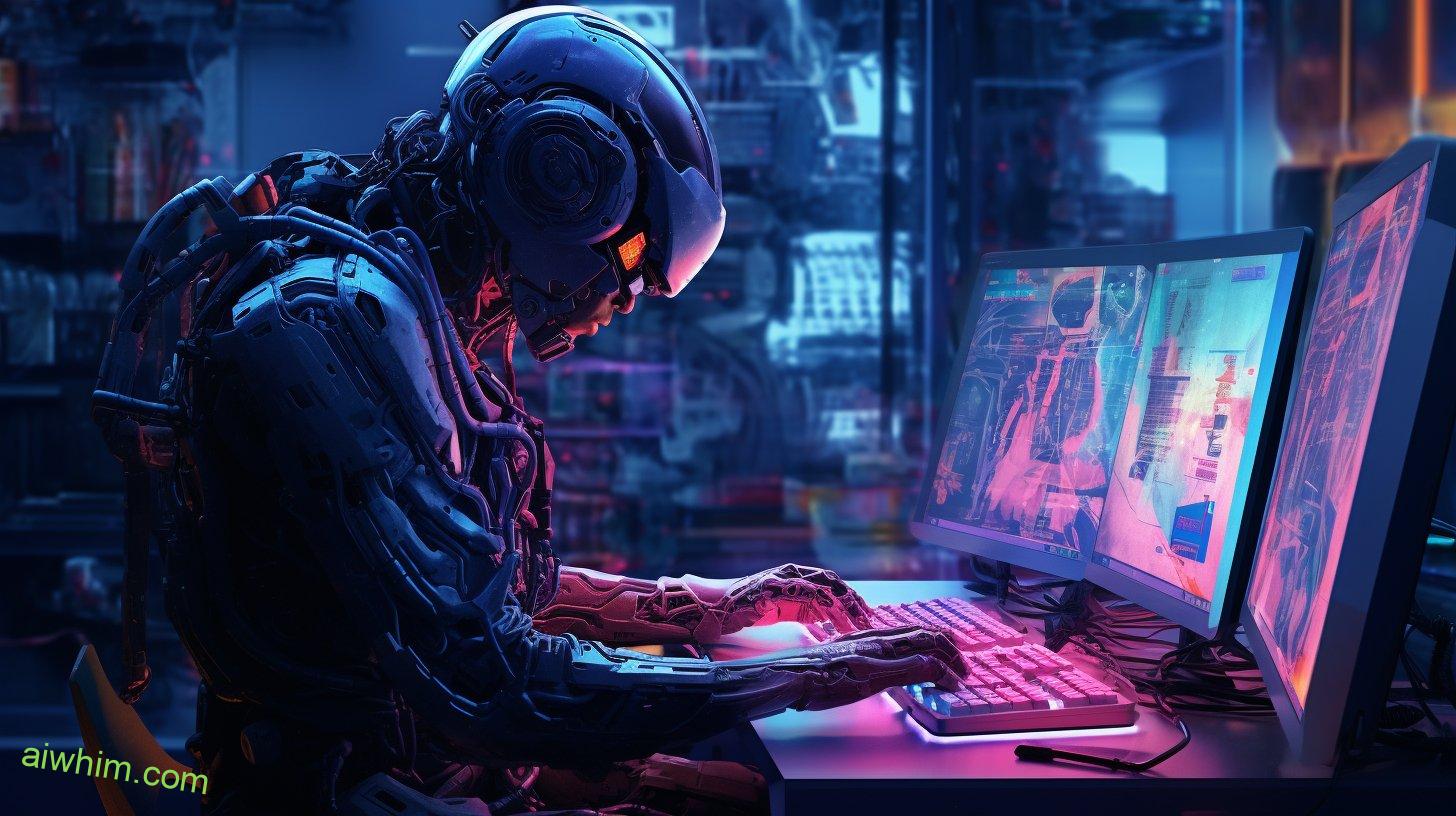
The Impact of AI Technology on Interpreters’ Jobs
The impact of AI technology on interpreters’ jobs is a topic of concern. As AI continues to advance and become more sophisticated, it raises questions about the future job security of human interpreters. However, it is important to consider that AI technology also has its limitations and may not completely replace human interpreters.
Here are some key points to keep in mind:
- Interpreters’ job security: While AI can assist with certain aspects of interpretation, such as language translation and voice recognition, human interpreters bring unique skills and cultural understanding that cannot be replicated by machines. The demand for skilled interpreters who can accurately convey meaning in real-time situations is likely to remain high.
- AI language proficiency: AI technology has made significant progress in natural language processing and machine learning algorithms. However, there are still challenges in accurately capturing nuances, idioms, and cultural context that human interpreters excel at. Human interpretation involves more than just words; it requires empathy, intuition, and understanding.
- Collaboration between humans and AI: Rather than being replaced by AI, interpreters have the opportunity to collaborate with this technology. By leveraging the strengths of both humans and machines, we can enhance the interpretation process and provide more accurate translations in various settings.
Remember that while advancements in AI may change certain aspects of the interpreting industry, human interpreters will always play a vital role in facilitating effective communication across languages and cultures. So embrace the opportunities presented by AI while maintaining your valuable skills as an interpreter!
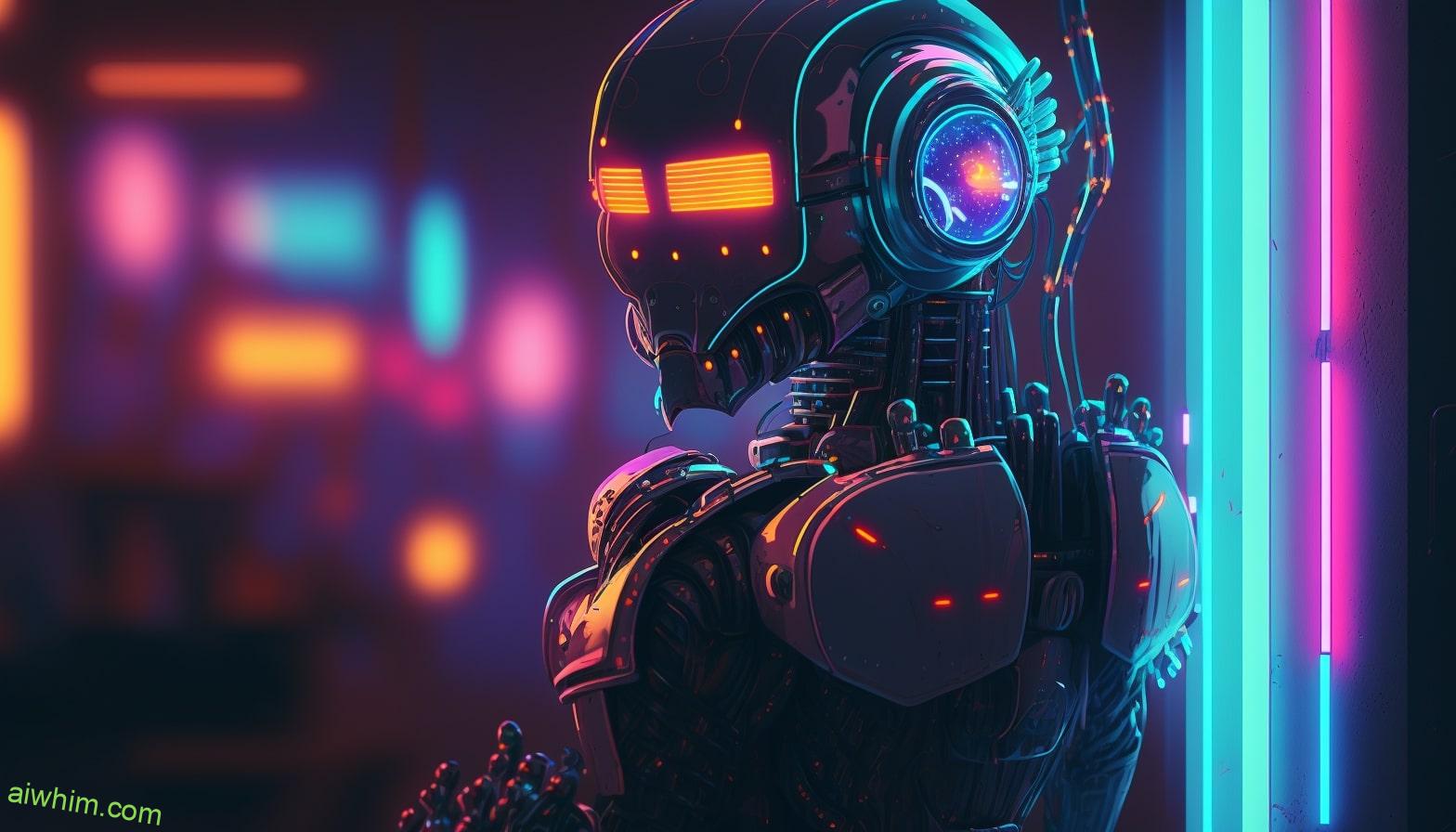
Exploring the Advancements in AI Language Translation
Exploring the advancements in AI language translation reveals its potential to enhance communication across languages and cultures. With these advancements, you now have access to a powerful tool that can help break down barriers and foster understanding between people from different linguistic backgrounds.
The rapid progress in AI technology has led to significant improvements in language translation accuracy and efficiency.
Gone are the days when language barriers hindered your ability to connect with others around the world. Thanks to AI language translation, you can now communicate effortlessly with individuals who speak different languages. Whether you’re traveling abroad or conducting business internationally, this technology allows you to bridge the gap and engage in meaningful conversations without relying on human interpreters.
The advancements in AI language translation not only make communication more convenient but also promote freedom of expression. You no longer have to worry about miscommunications or misunderstandings due to linguistic differences. This breakthrough technology empowers you to share your ideas, thoughts, and emotions freely, without constraints imposed by language barriers.
Furthermore, AI language translation opens up new opportunities for global collaboration and cultural exchange. It enables you to connect with individuals from diverse backgrounds and gain insights into different perspectives. By breaking down language barriers, this technology encourages mutual understanding, respect, and appreciation for our shared humanity.
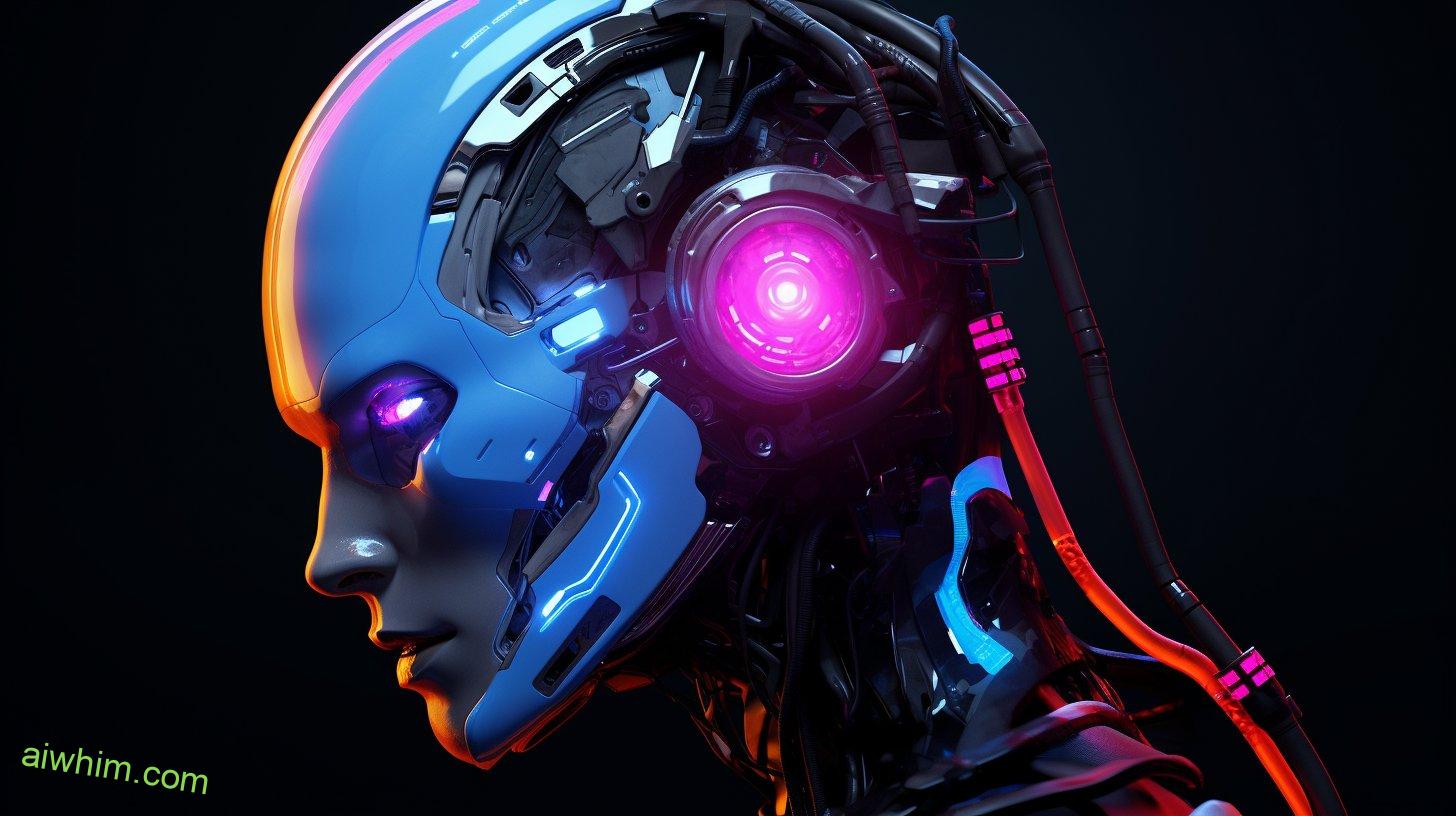
Can AI Successfully Translate Complex Cultural Nuances
Don’t underestimate the challenge of translating complex cultural nuances with AI. While artificial intelligence has made significant advancements in language translation, there are still limitations when it comes to accurately capturing and conveying the intricacies of different cultures. Cultural sensitivity is a crucial aspect of effective communication, and it requires a deep understanding of traditions, customs, and social norms that vary across regions.
When it comes to linguistic complexities, here are three reasons why AI struggles with translating cultural nuances:
- Idioms and expressions: Languages often have unique idioms and expressions that carry specific meanings within their respective cultures. Translating these figurative phrases can be challenging for AI systems as they require contextual understanding.
- Subtle gestures and body language: Communication involves more than just words; gestures and body language play an essential role in conveying meaning. AI may struggle to interpret these non-verbal cues accurately.
- Cultural references: Each culture has its own set of historical events, pop culture references, and symbols that hold significant meaning. Understanding these references is crucial for accurate translation, but it can be difficult for AI systems without comprehensive cultural knowledge.
While AI continues to evolve rapidly, achieving a level of accuracy in translating complex cultural nuances remains a daunting task. Human interpreters possess the necessary empathy, adaptability, and cultural understanding to bridge the gap effectively.
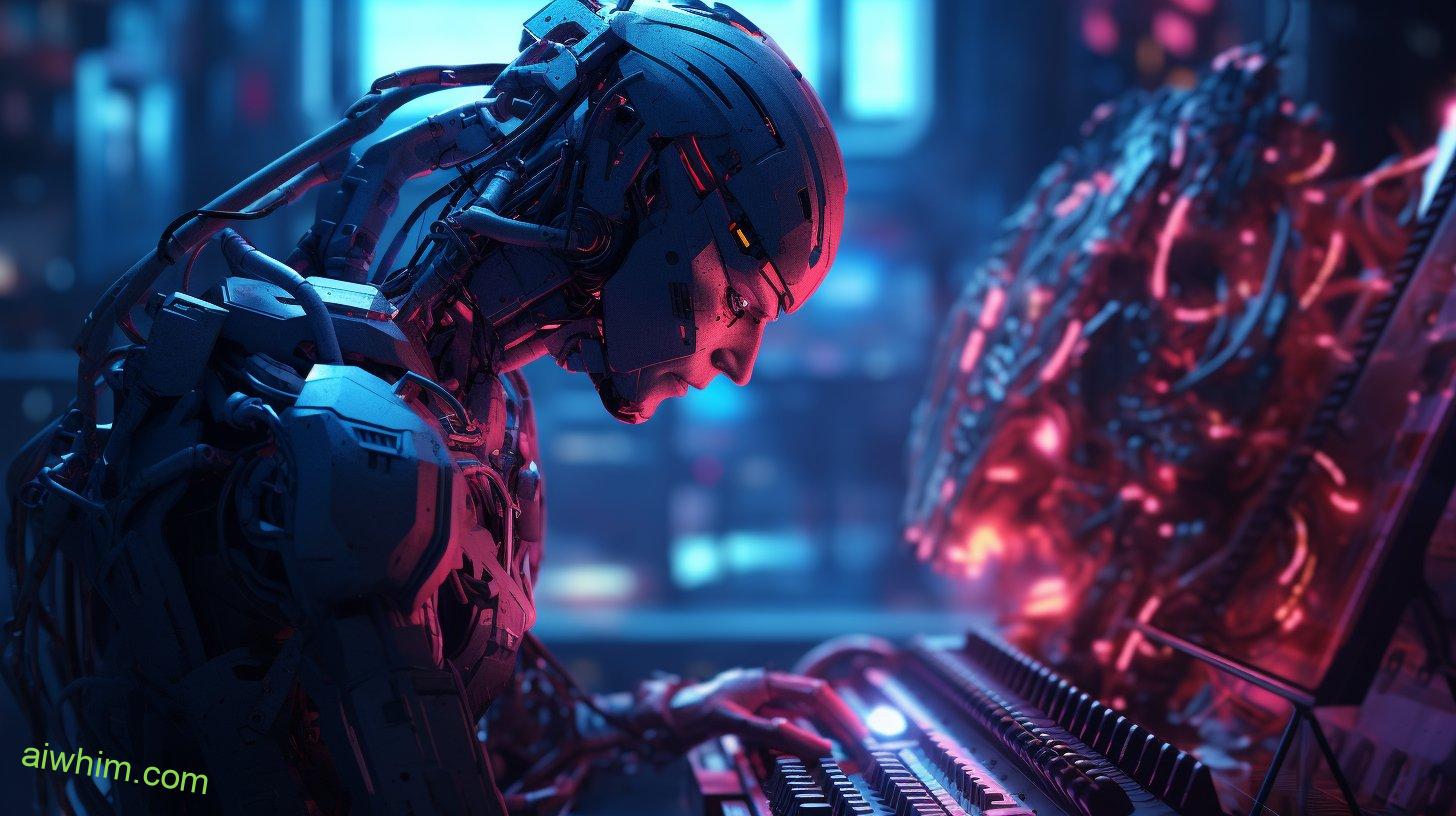
AI Vs Human: the Battle for Interpretation Superiority
In the battle for interpretation superiority, AI and humans bring their unique strengths to the table. It’s a clash of intellects between two powerful forces.
AI, with its advanced algorithms and machine learning capabilities, can process vast amounts of data at lightning speed. It can quickly translate languages and provide accurate interpretations.
On the other hand, humans possess an innate understanding of cultural nuances, emotions, and context that AI struggles to replicate.
The future of interpretation lies in harnessing the power of both AI and human intelligence. While AI can handle repetitive tasks and provide fast translations, it lacks the ability to truly understand complex cultural nuances and adapt to ever-changing contexts. Humans excel in these areas because we have experiences, emotions, empathy – things that cannot be replicated by machines.
Imagine a world where AI assists human interpreters by providing real-time translations during conferences or international meetings. This collaboration would not only enhance accuracy but also save time and resources.
However, it is crucial to remember that no matter how advanced technology becomes, human presence will always be essential for effective communication. Our ability to connect on a deeper level goes beyond mere words; it involves empathy and understanding.
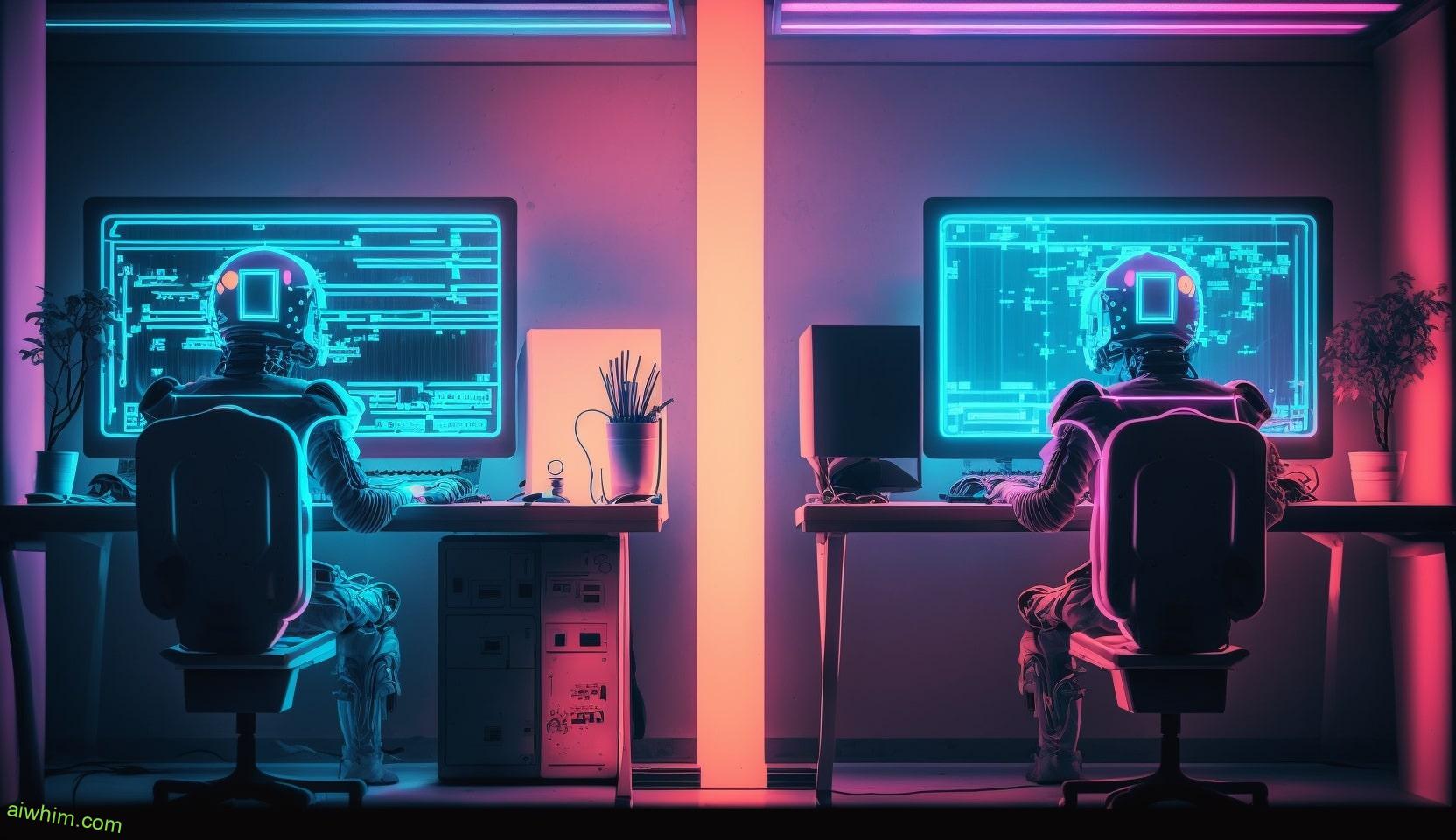
Understanding the Limitations of AI in Interpretation
Now that you understand the battle between AI and human interpretation, let’s dive deeper into the limitations of AI in this field.
While AI has made significant advancements, there are still challenges that it faces when it comes to interpretation.
Here are some key limitations and challenges in interpretation:
- Contextual Understanding: AI struggles to grasp the nuances of language in different contexts. It may misinterpret idioms or colloquial expressions, leading to inaccurate translations.
- Cultural Sensitivity: Interpretation often requires cultural knowledge and sensitivity. AI lacks the ability to fully comprehend cultural nuances, which can lead to misunderstandings or offensive translations.
- Emotional Intelligence: Human interpreters possess emotional intelligence, allowing them to gauge tone, emotions, and non-verbal cues. These elements play a crucial role in accurate interpretation but are difficult for AI to replicate.
While AI has shown promise in various fields, it still falls short when it comes to the complex task of interpretation. The limitations mentioned above highlight the importance of human interpreters who bring not only linguistic expertise but also cultural understanding and emotional intelligence to ensure accurate communication across language barriers.
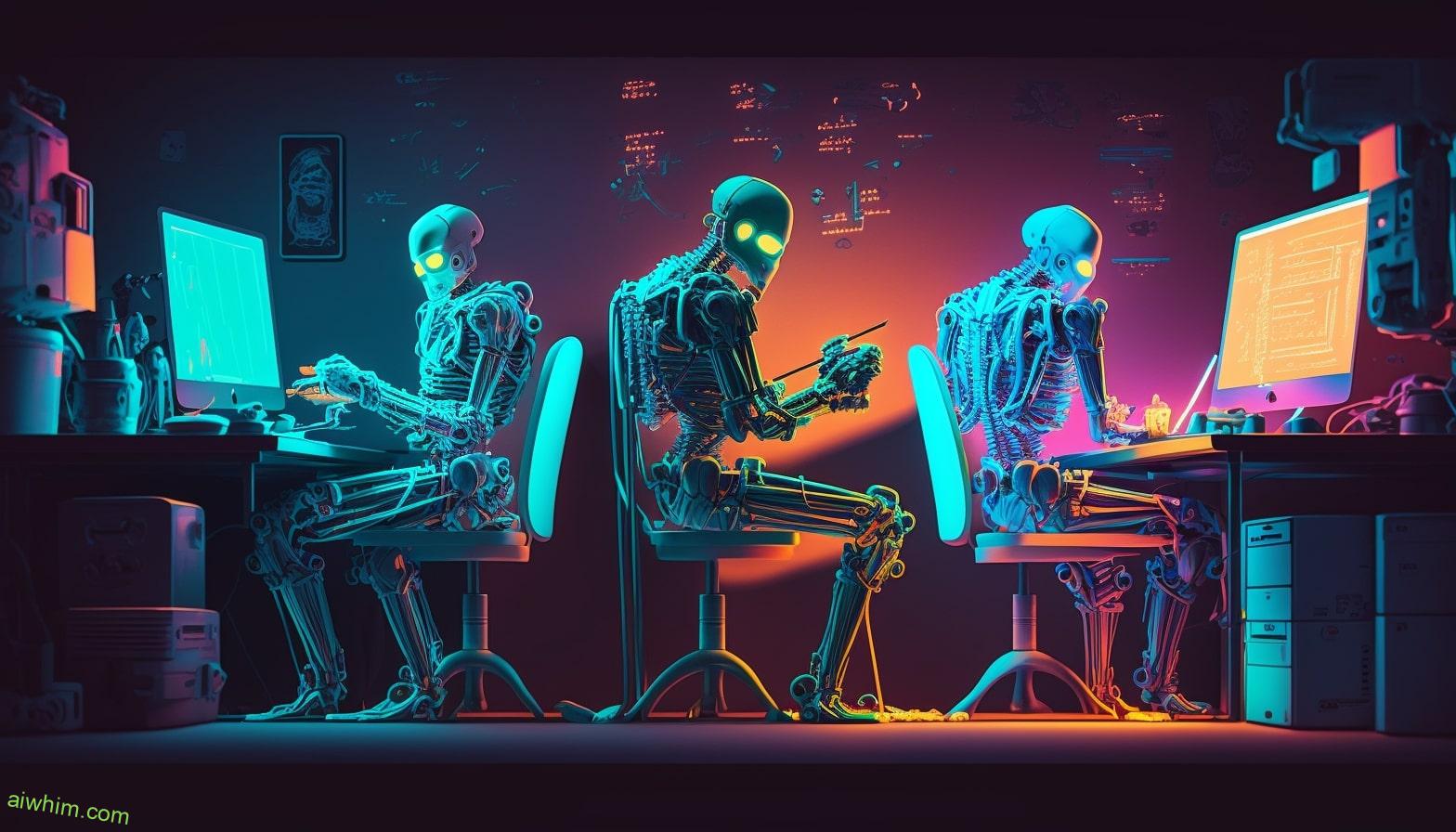
The Role of AI in Multilingual Communication
The advancements in AI have greatly improved multilingual communication by providing tools that facilitate translation and interpretation processes. Thanks to AI, cross-cultural communication has become more efficient and effective, breaking down language barriers that once hindered global interactions.
AI-powered language translation tools have revolutionized the way we communicate across different languages. These tools can instantly translate text or speech from one language to another, allowing individuals to understand and be understood in diverse cultural contexts. Whether you are traveling abroad or conducting business with international partners, AI in cross-cultural communication ensures smooth and seamless interaction.
Furthermore, AI has also played a significant role in overcoming language barriers through real-time interpretation solutions. With the help of cutting-edge technologies like natural language processing and machine learning algorithms, AI can accurately interpret spoken words in real-time, enabling instant understanding between speakers of different languages.
In addition to facilitating direct conversation between individuals who speak different languages, AI-driven chatbots and virtual assistants have emerged as valuable aids for multilingual communication. These intelligent systems can provide quick responses and assistance in various languages, helping users navigate through complex information or complete tasks efficiently.
Thanks to these advancements in AI technology, the world is becoming increasingly connected and united despite linguistic differences. Language barrier solutions powered by AI are empowering individuals to communicate freely across cultures and fostering greater understanding among people from different backgrounds.
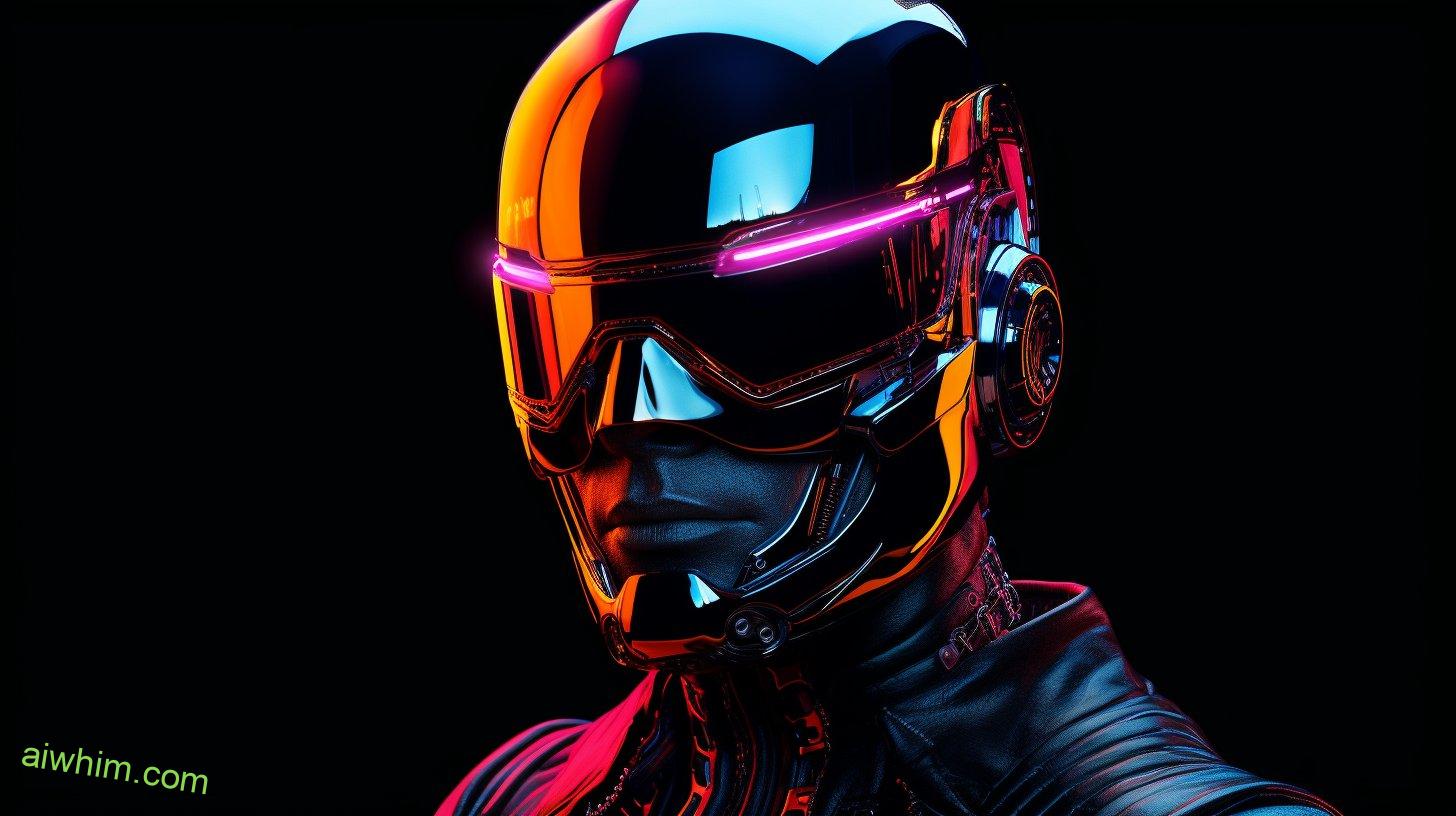
AI Tools for Language Interpretation: A Comprehensive Overview
Embrace the convenience of AI tools for language interpretation and discover how they can enhance your communication across different cultures. In today’s interconnected world, where people from diverse backgrounds come together, overcoming language barriers is essential. AI has revolutionized the way we communicate by providing accurate and efficient language interpretation.
Here are three ways in which AI tools are impacting language barriers:
- Expanding Global Reach: AI-powered translation services allow you to reach a wider audience by breaking down language barriers. Whether it’s conducting business negotiations or connecting with friends from different countries, these tools enable seamless communication.
- Real-Time Conversations: With AI language interpretation, you can engage in real-time conversations with individuals who speak different languages. This fosters meaningful connections and promotes cultural understanding.
- Improved Accuracy: Evaluating the accuracy of AI language interpretation is crucial to ensure effective communication. While AI tools have made significant advancements, it’s important to assess their accuracy and make necessary improvements to avoid miscommunication.
As technology continues to evolve, exploring AI’s impact on language barriers becomes even more critical. By embracing these innovative tools, you can bridge linguistic gaps and connect with people from all corners of the globe effortlessly.
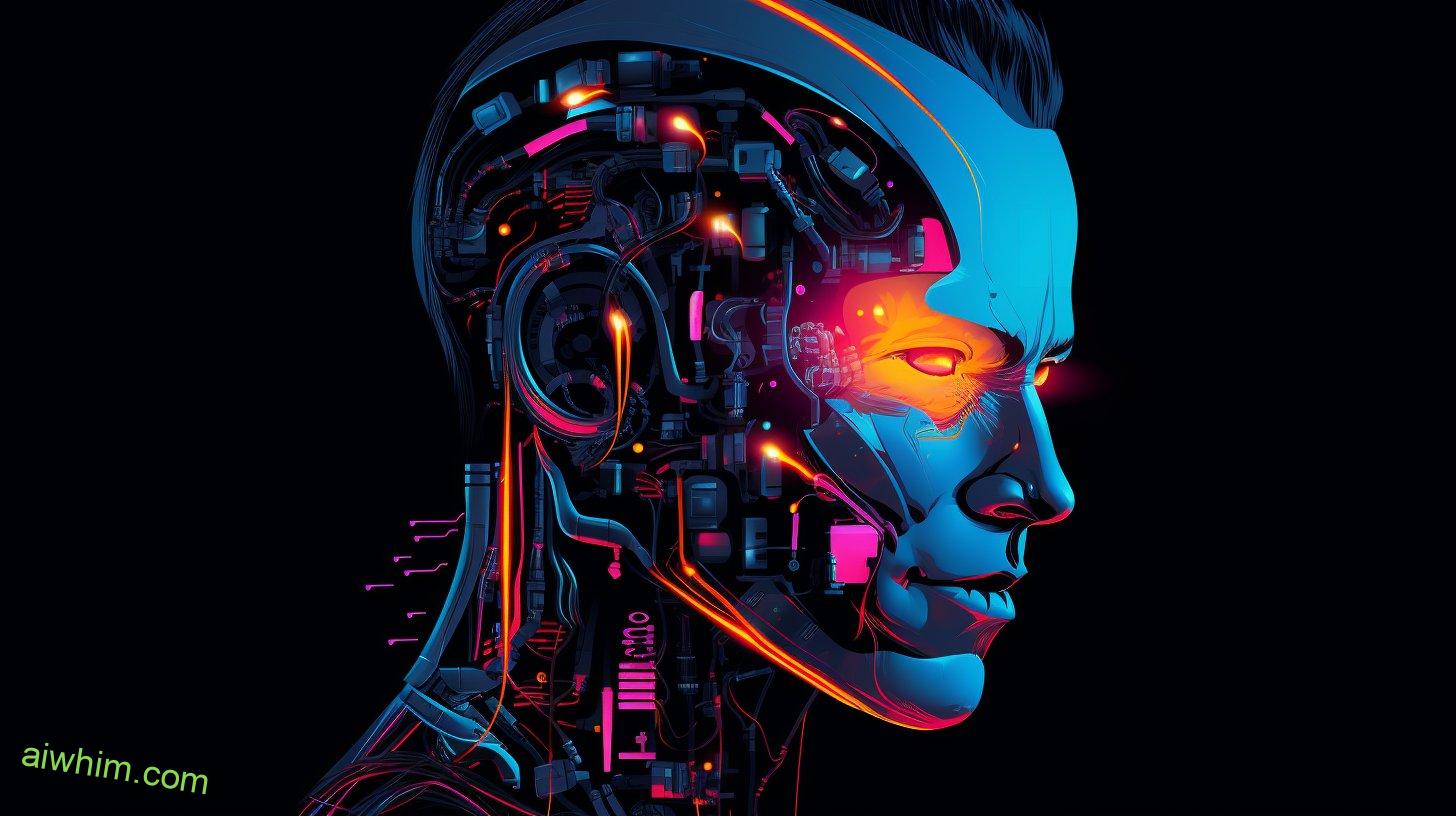
The Future of Interpretation: AI as a Complementary Tool
Imagine how much more efficient and accurate your language interpretation could be with the help of AI as a complementary tool. As someone who values freedom, you understand that technology should enhance our abilities rather than replace us.
The future of the interpretation industry lies in exploring hybrid approaches, where human interpreters work alongside AI to provide a seamless and enhanced experience.
AI can assist interpreters by quickly processing vast amounts of information in real-time, helping them stay updated with the latest terminology and cultural nuances. With AI’s ability to analyze data from multiple sources simultaneously, it can provide valuable insights and suggestions during interpretation sessions. This collaboration between humans and AI enables interpreters to deliver accurate interpretations faster while maintaining their expertise and personal touch.
However, it is essential to recognize that AI cannot fully replace human interpreters. Language interpretation requires empathy, cultural understanding, and context comprehension – qualities that only humans possess. Interpersonal skills play a crucial role in effective communication, allowing for nuanced dialogue and building trust between individuals.
In summary, the future of the interpretation industry lies in harnessing the power of AI as a complementary tool. By embracing hybrid approaches, we can leverage technology’s capabilities while preserving the irreplaceable value that human interpreters bring to the table.
Together, we can achieve greater efficiency without compromising on accuracy or human connection – empowering individuals like you with newfound possibilities in linguistic exchange.
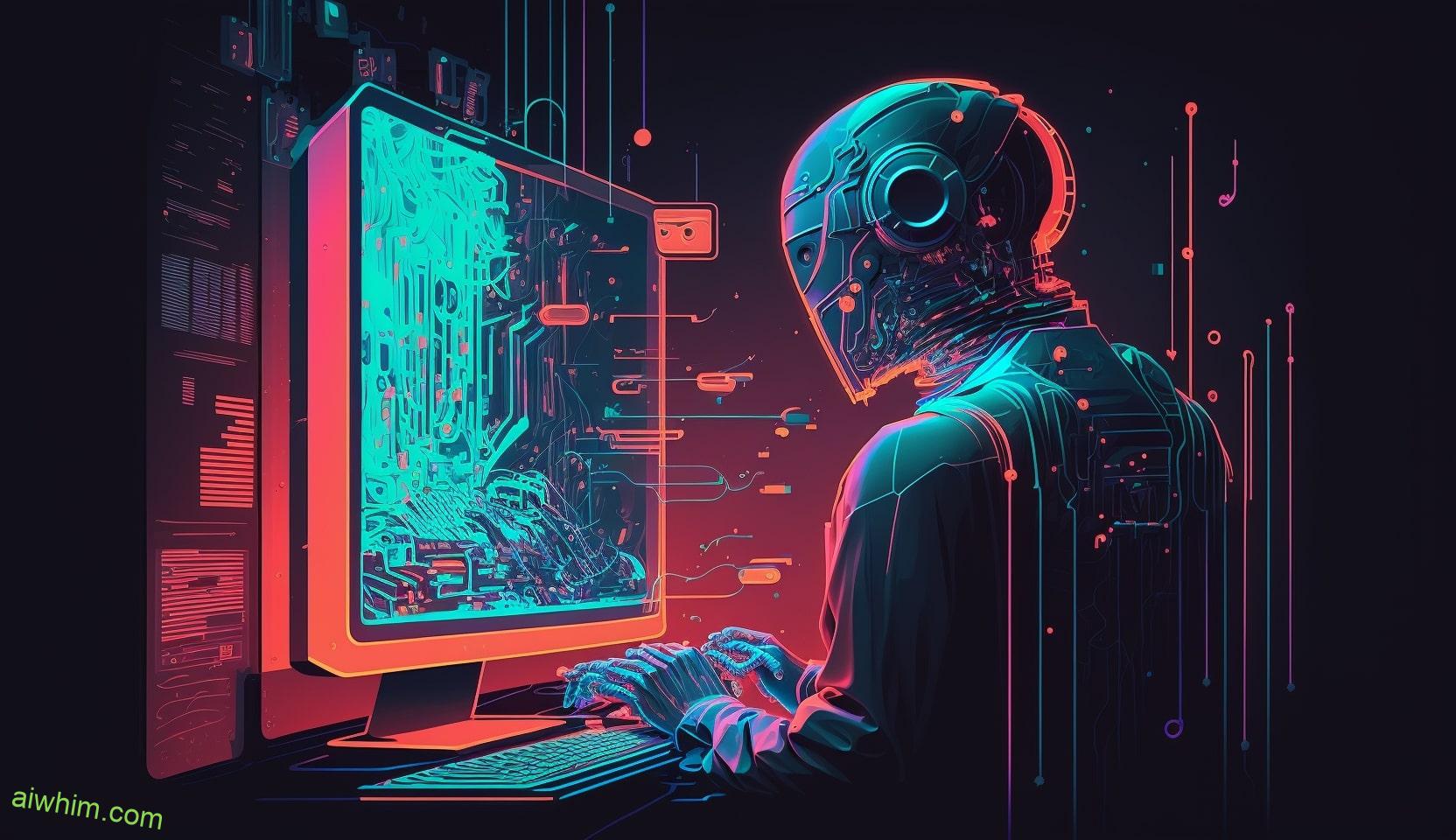
Debunking the Myths of AI Interpreter Replacements
Contrary to popular belief, AI as a complementary tool does not aim to replace human interpreters but rather enhance their capabilities. There are some misconceptions surrounding the potential of AI in interpretation, but let’s debunk them together:
- AI is not here to steal your job: Instead of replacing you, AI can help you become more efficient and accurate in your interpreting tasks. It can assist with real-time language translation and provide instant access to relevant information.
- Your expertise matters: No matter how advanced AI becomes, it cannot replicate the nuanced understanding and cultural sensitivity that human interpreters bring to the table. Your ability to adapt and navigate complex conversations will always be essential.
- Collaboration is key: Rather than seeing AI as a threat, embrace it as a valuable ally. By working together with AI technologies, you can leverage its power while maintaining control over the interpretation process.
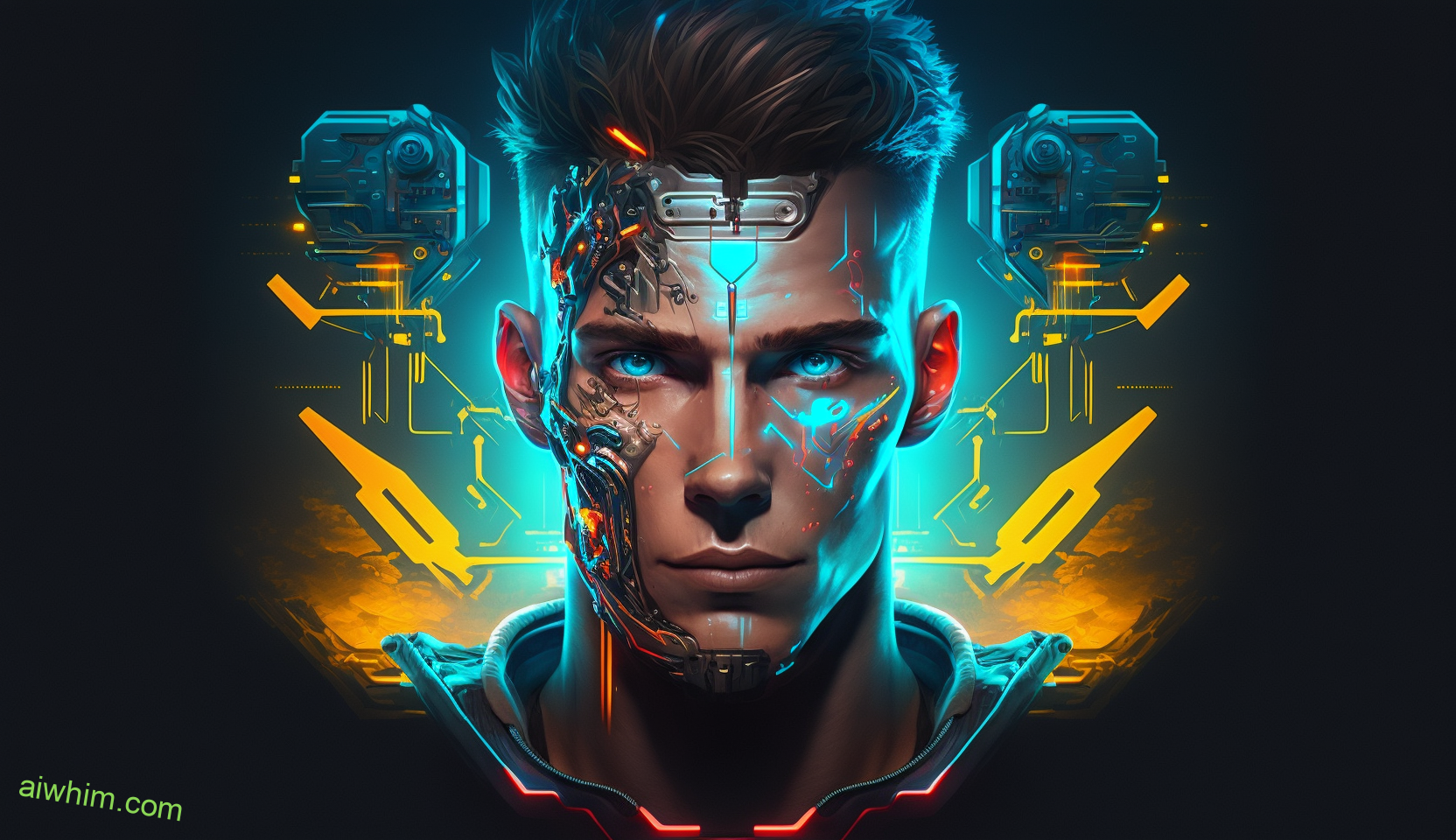
AI Interpreter Assistants: Enhancing Efficiency or Threatening Jobs
Now that we’ve debunked the myths surrounding AI interpreter replacements, let’s delve into the topic of AI interpreter assistants and how they can either enhance efficiency or potentially threaten jobs in the interpretation industry.
Artificial intelligence has made significant advancements in recent years, and interpreters are starting to incorporate AI technologies into their work processes. These AI interpreter assistants can analyze language patterns, provide real-time translations, and even suggest alternative phrases for better clarity.
On one hand, these AI assistants have the potential to enhance efficiency by automating certain aspects of interpretation. They can quickly process large volumes of information and assist with repetitive tasks, allowing human interpreters to focus on more complex and nuanced aspects of their work.
However, there is a concern about job security in the interpretation industry. As AI continues to improve, there is a fear that these intelligent systems may eventually replace human interpreters altogether. This raises questions about the future prospects for professional interpreters and whether they will be able to compete with advanced machine learning algorithms.
While it’s important to embrace technological advancements, it’s also crucial to ensure that human interpreters remain valued and essential in this field. The key lies in finding a balance between utilizing AI interpreter assistants for enhanced productivity while preserving job opportunities for skilled human interpreters.
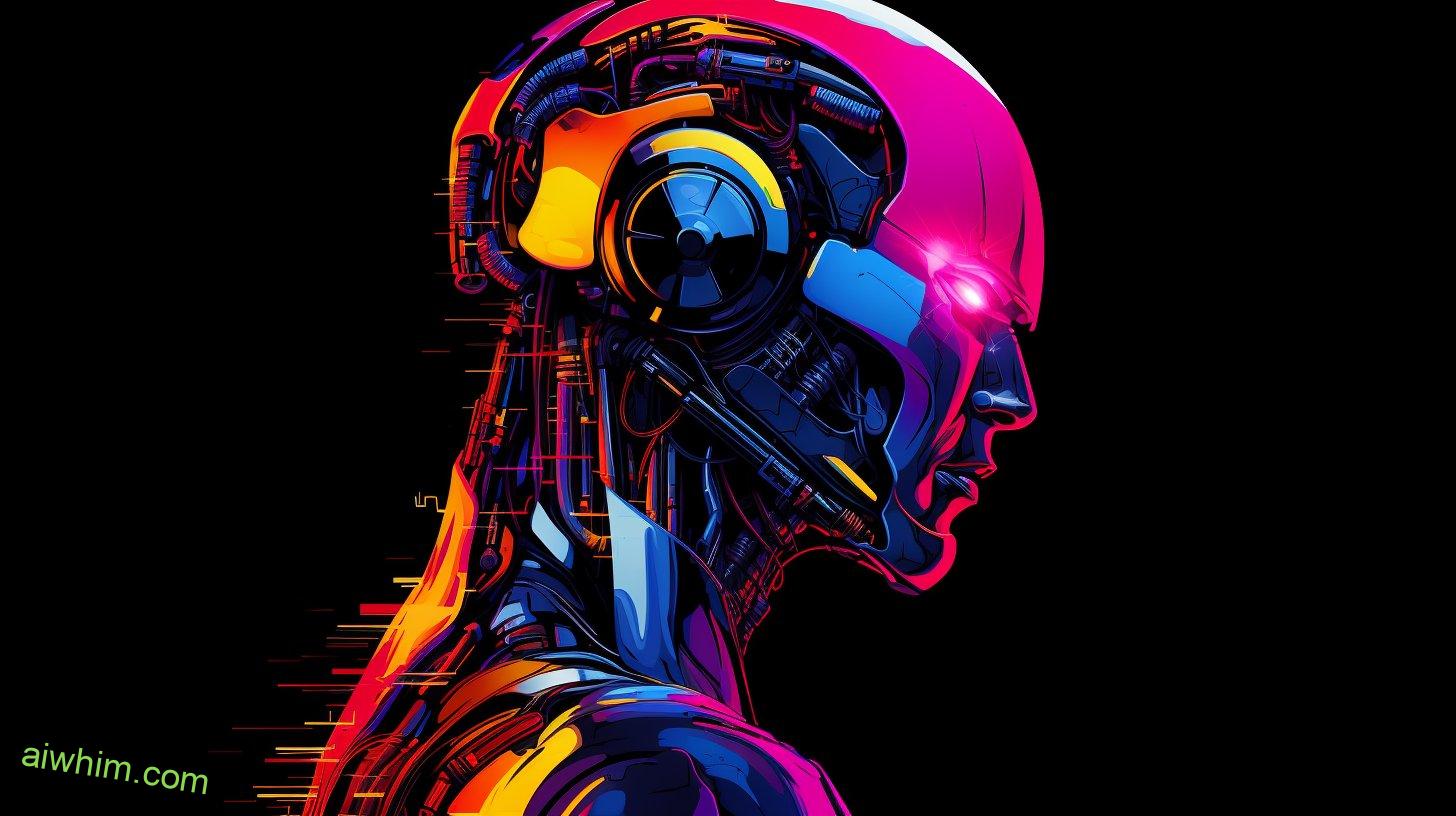
Ethical Considerations in AI-powered Interpretation
As we explore the ethical considerations in AI-powered interpretation, it is important to address potential biases that these intelligent systems may possess. While AI technology has the ability to revolutionize interpretation services, it also brings forth a set of ethical implications and bias concerns that must be carefully examined.
Here are some key points to consider:
- Unintentional Bias: AI systems learn from vast amounts of data, including human-generated content. This can lead to unintentional biases being incorporated into the system’s interpretations.
- Lack of Human Context: AI-powered interpreters may struggle to understand nuances and cultural context that humans naturally possess. This could potentially lead to misinterpretations or misunderstandings.
- Accountability and Transparency: It is crucial for organizations utilizing AI interpreters to ensure transparency in how these systems are trained, monitored, and evaluated. They must also be held accountable for any biased outcomes or discriminatory practices.
In a world where freedom is valued, it becomes imperative to address these concerns surrounding bias in AI-powered interpretation. By thoroughly examining the ethical implications associated with these systems, we can strive towards creating fair and unbiased solutions that enhance communication without compromising our core values.
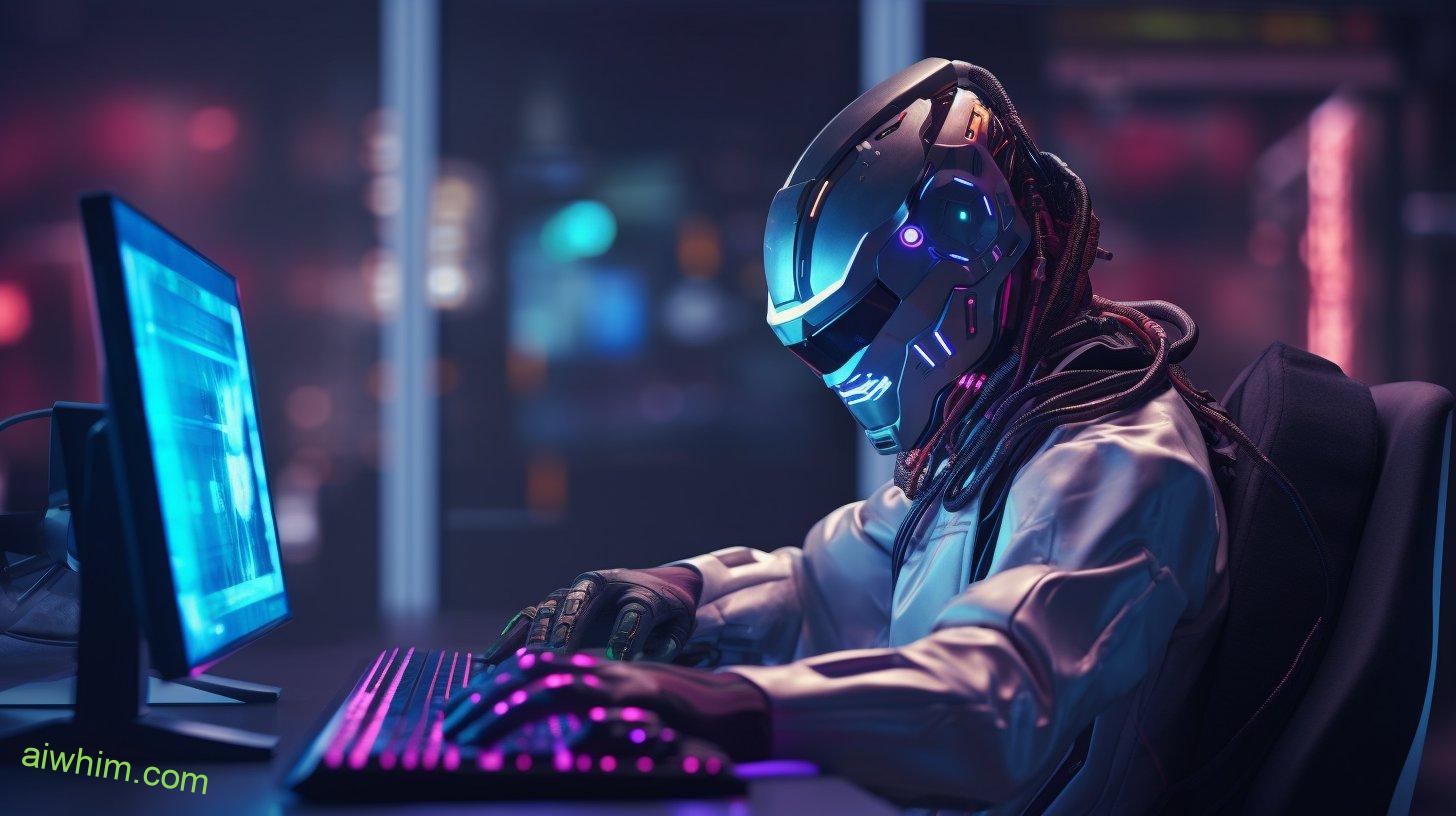
The Role of Human Expertise in AI-driven Interpretation
To fully appreciate the role of human expertise in AI-driven interpretation, you must understand the unique insights and cultural nuances that only a human interpreter can provide. While AI technology has made great strides in language translation, there are certain aspects that still require the human touch.
Human interpretation expertise goes beyond mere translation. It involves understanding context, tone, and emotion – elements that cannot be accurately captured by machines alone. Language is not just about words; it also encompasses cultural norms, idioms, and gestures that vary from one community to another.
The importance of human touch becomes even more significant when dealing with sensitive topics or complex situations. A skilled interpreter can navigate these challenges with finesse and empathy, ensuring effective communication between parties. They can bridge gaps in understanding and adapt their approach based on the specific needs of each individual.
Furthermore, humans possess critical thinking skills that allow them to interpret ambiguous or unclear statements correctly. They can ask clarifying questions and seek additional information when needed – an ability that AI systems may struggle with.
While AI-powered interpretation has its merits, it is essential to recognize the value of human interpretation expertise. By combining both technological advancements and human capabilities, we can achieve a more comprehensive and accurate form of communication for all individuals involved.
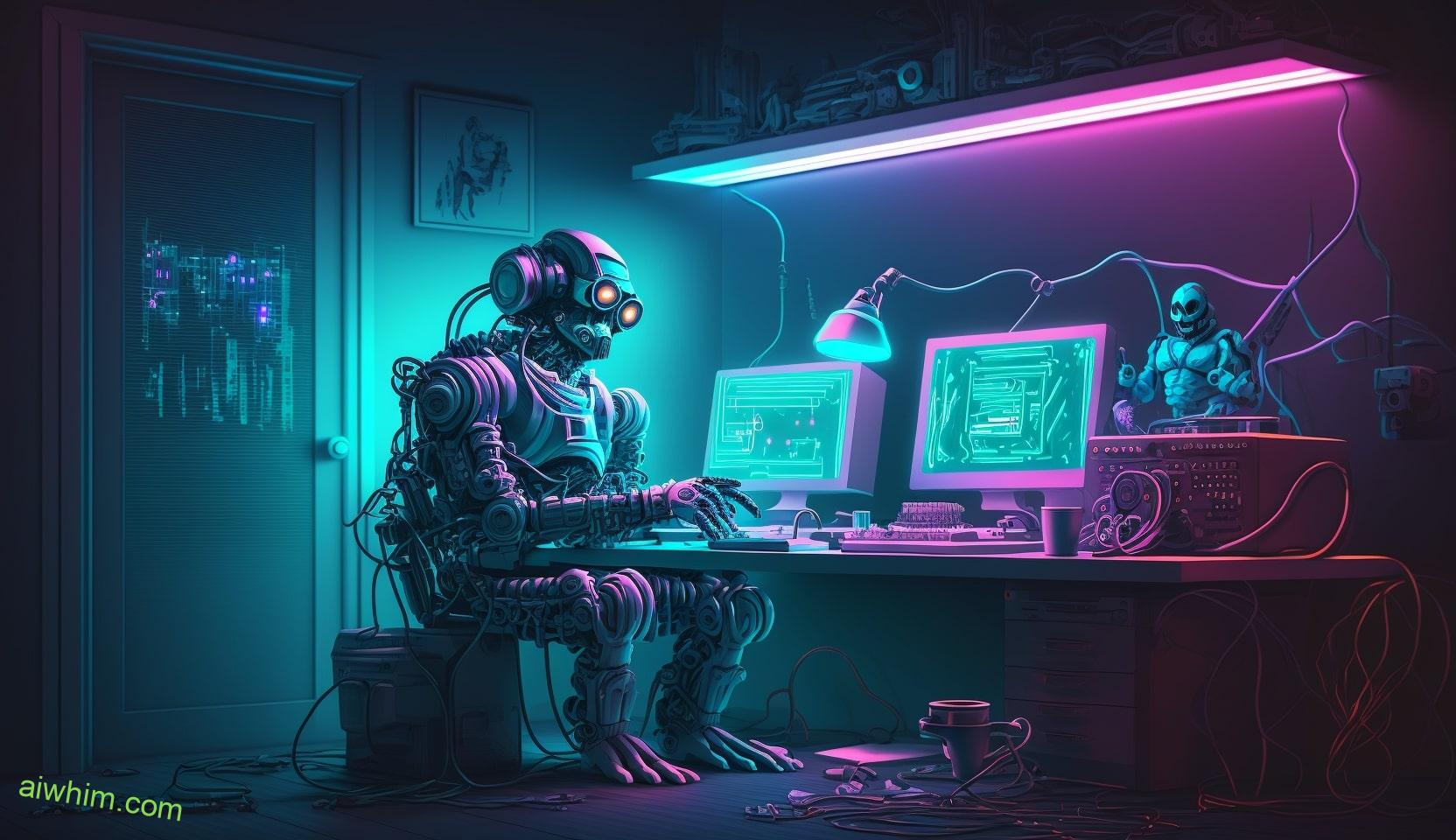
The Evolution of AI in Interpretation: From Simultaneous to Consecutive
Imagine being able to seamlessly switch between interpreting in real-time during a conversation and providing consecutive interpretation for a more detailed analysis of complex topics. This is the evolution of interpretation techniques that we are witnessing today.
As interpreters strive to adapt to the changing landscape, they face several challenges along the way.
- Advancements in AI: Artificial Intelligence has made significant progress in understanding and translating languages, enabling interpreters to leverage technology for faster and more accurate interpretations.
- Enhanced Efficiency: With AI-driven interpretation tools, interpreters can now handle multiple conversations simultaneously, increasing their productivity and effectiveness.
- Improved Accuracy: AI algorithms continuously learn from vast amounts of data, allowing them to improve their accuracy over time. Interpreters can rely on these advanced technologies to provide more precise interpretations.
However, while the evolution of interpretation techniques brings great benefits, it also presents challenges for interpreters. They must stay updated with the latest AI tools and adapt their skills accordingly. Additionally, ensuring privacy and confidentiality becomes crucial as sensitive information is shared through these automated systems.
As we embrace this evolution, it’s essential to recognize that human expertise will always play a vital role in interpretation. The ability to understand context, cultural nuances, and emotions cannot be fully replicated by machines. So while AI enhances our capabilities as interpreters, it cannot replace our unique value – the freedom to interpret languages with fluency and empathy.

The Pros and Cons of AI Interpreter Platforms
When using AI interpreter platforms, you’ll experience increased efficiency and accuracy, but it’s important to consider potential drawbacks as well.
The advantages of using AI interpreter platforms are undeniable. They can process vast amounts of information in real-time, ensuring quicker and more accurate translations. With AI, there is no need to rely on human interpreters who may be prone to errors or fatigue. This increased efficiency means that communication barriers can be overcome faster, leading to smoother interactions and enhanced productivity.
However, there are also disadvantages that come with relying solely on AI interpreter platforms. While they excel at translating words, they may struggle with interpreting cultural nuances, idiomatic expressions, or understanding context-specific meanings. Human interpreters possess the ability to adapt and provide a more nuanced interpretation based on their understanding of the speaker’s intent.
Additionally, AI interpreter platforms raise concerns about privacy and data security. As these systems rely on collecting and analyzing vast amounts of data to improve their accuracy over time, there is a risk of sensitive information being compromised.
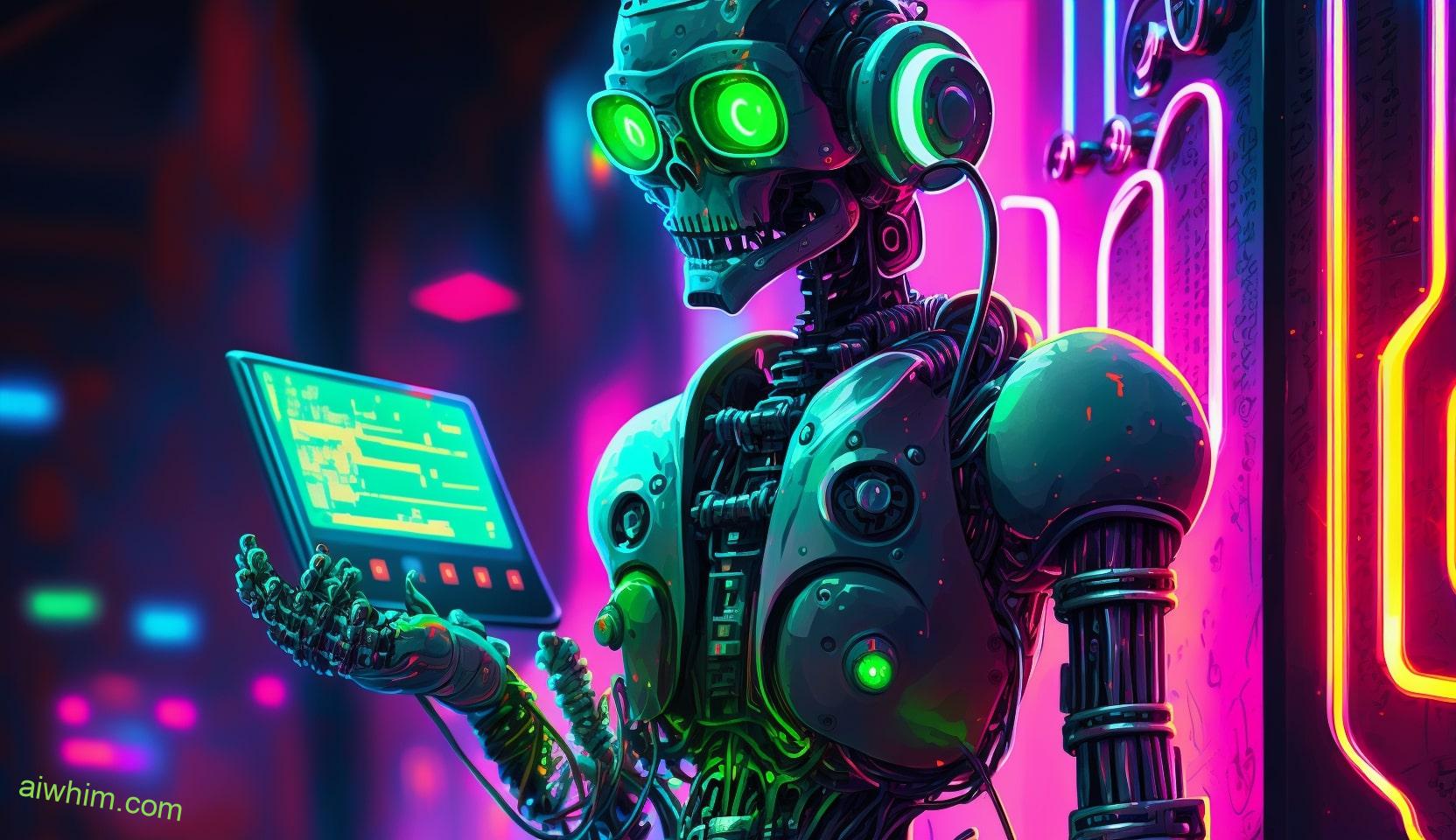
Frequently Asked Questions
What Are the Limitations of AI in Interpretation?
When considering the limitations of AI in interpretation, it’s important to note that language accuracy and real-time interpretation can be challenging for AI. However, advancements continue to be made in this field.
How Does AI Technology Impact the Job of Interpreters?
AI’s automation impact on interpretation will affect your job prospects. It has the potential to streamline processes and increase efficiency, but it may also pose a threat of replacing human interpreters in the future.
Can AI Successfully Translate Complex Cultural Nuances?
AI can struggle to capture complex cultural nuances, requiring human interpreters for accuracy. While AI technology advances, you’ll still play a vital role in ensuring cultural sensitivity and linguistic accuracy in interpretation.
What Are the Pros and Cons of AI Interpreter Platforms?
AI interpreter platforms offer advantages like speed and efficiency, but they also have disadvantages such as lack of cultural understanding. However, they cannot fully replace human interpreters who bring empathy and nuanced communication to the table.
What Ethical Considerations Are Involved in AI-Powered Interpretation?
When considering AI-powered interpretation, it is important to weigh the ethical implications and privacy concerns. You must reflect on the potential impact on personal freedoms before determining if AI could replace human interpreters.
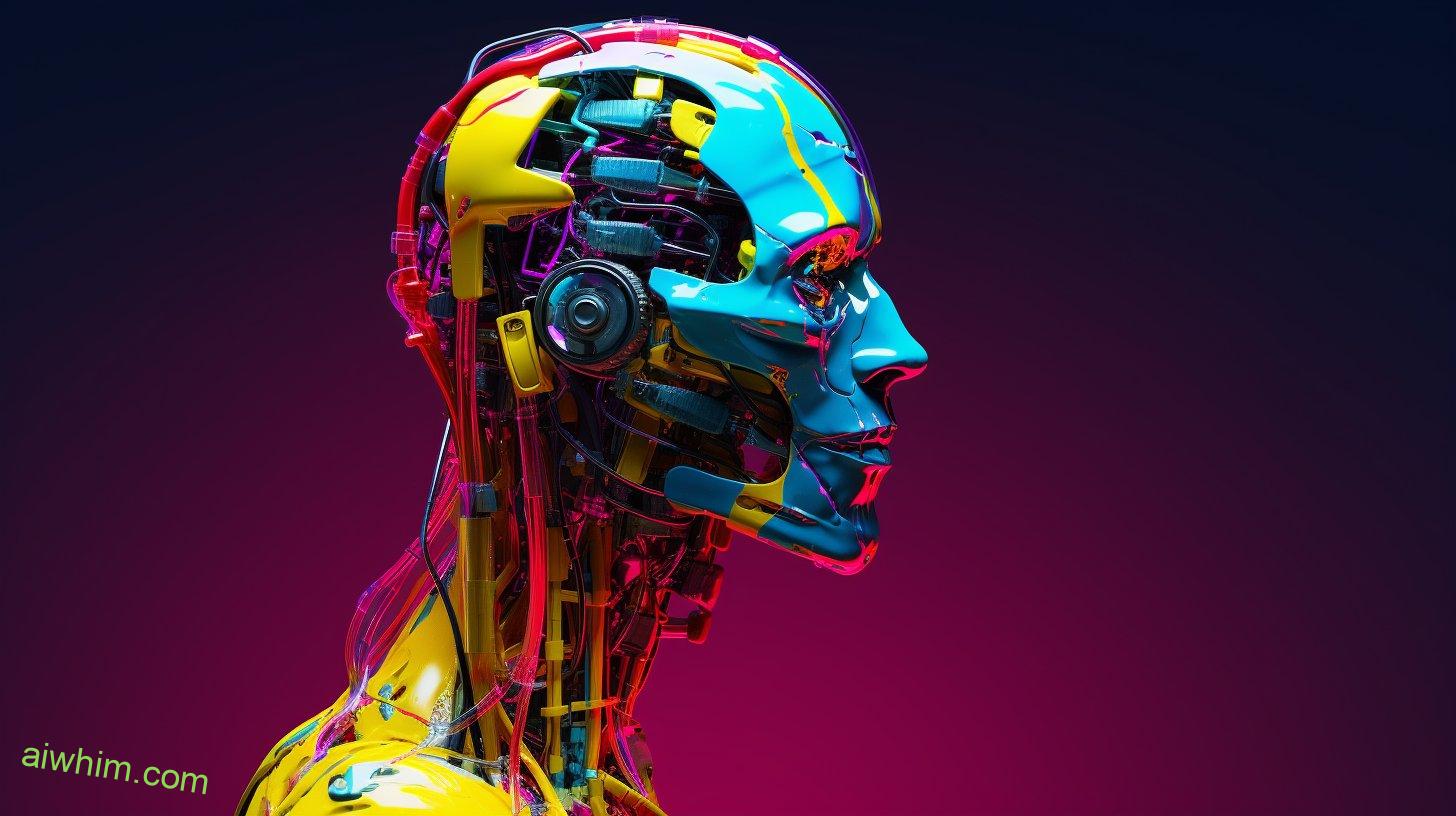
Conclusion
In conclusion, AI has made significant strides in the interpretation industry, posing both opportunities and challenges for human interpreters.
While AI technology has advanced in translating languages and even cultural nuances, it cannot yet fully replace the expertise and understanding of a human interpreter.
The battle for interpretation superiority between AI and humans continues, with ethical considerations playing a crucial role.
As the evolution of AI in interpretation progresses from simultaneous to consecutive translation, we must carefully weigh the pros and cons of relying solely on AI interpreter platforms.

